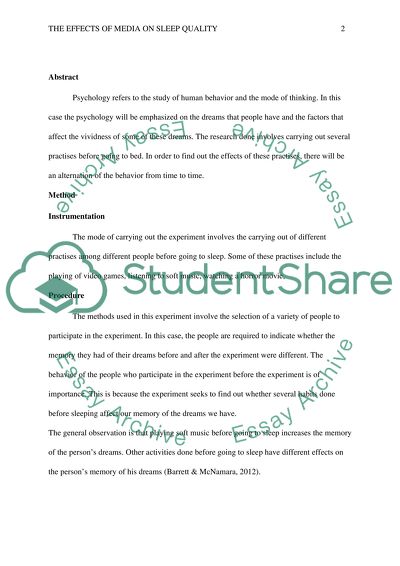Cite this document
(“The Effects of Media on Sleep Quality Lab Report”, n.d.)
The Effects of Media on Sleep Quality Lab Report. Retrieved from https://studentshare.org/psychology/1476782-the-effects-of-media-on-sleep-quality
The Effects of Media on Sleep Quality Lab Report. Retrieved from https://studentshare.org/psychology/1476782-the-effects-of-media-on-sleep-quality
(The Effects of Media on Sleep Quality Lab Report)
The Effects of Media on Sleep Quality Lab Report. https://studentshare.org/psychology/1476782-the-effects-of-media-on-sleep-quality.
The Effects of Media on Sleep Quality Lab Report. https://studentshare.org/psychology/1476782-the-effects-of-media-on-sleep-quality.
“The Effects of Media on Sleep Quality Lab Report”, n.d. https://studentshare.org/psychology/1476782-the-effects-of-media-on-sleep-quality.


